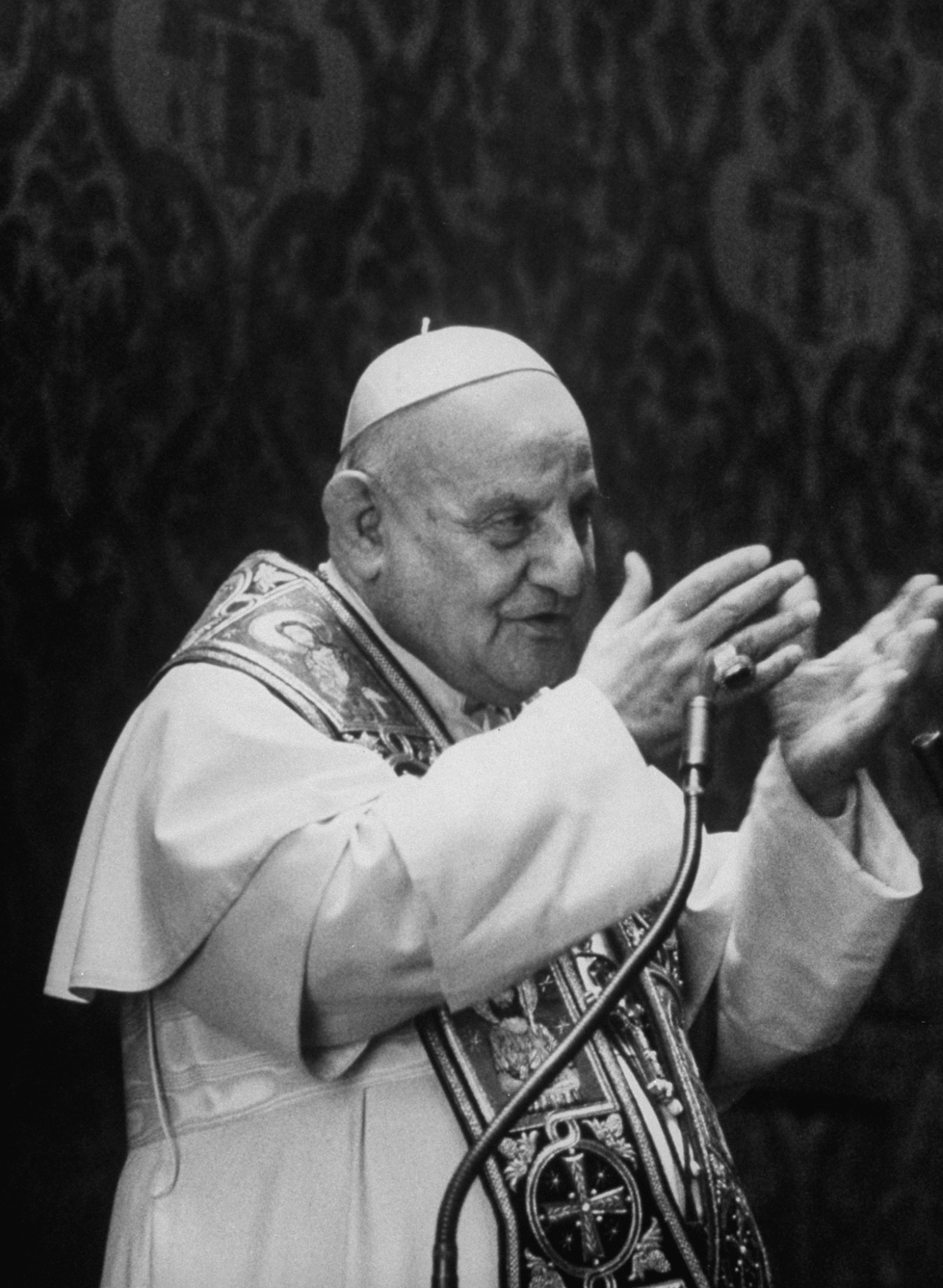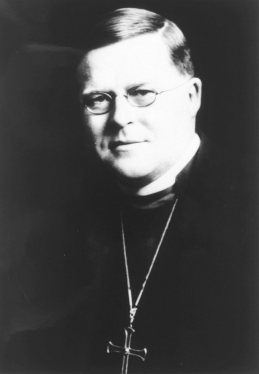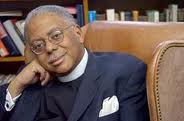The Church’s Influence in Society
 Saturday, November 16, 2013 at 5:50PM
Saturday, November 16, 2013 at 5:50PM How might a parish church influence society?
Below is material from two sources touching on the question.
From draft material -- Interventions: Methods and Processes for Developing Healthier Parishes by Michelle E. Heyne & Robert A. Gallagher, Ascension Press. Anticipated release in 2014 Renamed Pastoral Theology: Shaping the Parish, due out 2020
Power from the Center Pervades the Whole [i]
 In Light the Dark Streets, Kilmer Myers wrote, “One of the main tasks of the parish priest is to train the militant core of his parishioners in such a way that they understand as fully as possible the true nature of a Christian parish.” He understood the importance of that core group. There need to be people of Apostolic faith at the center of each parish.
In Light the Dark Streets, Kilmer Myers wrote, “One of the main tasks of the parish priest is to train the militant core of his parishioners in such a way that they understand as fully as possible the true nature of a Christian parish.” He understood the importance of that core group. There need to be people of Apostolic faith at the center of each parish.
Health in the parish church is finally measured not by extraordinary acts of prayer and service but by ordinary and routine acts. The call is to proficiency, a capable efficiency, a baseline ability to participate in the core spiritual practices of the Anglican tradition.
The process is one of immersion not possession. The parish is a community in which the baptized are soaked in the ways of holiness; and being so saturated, the Spirit’s ways fill us, and seep into and pervade our lives.
The prayer of the Apostolic—those at the center—streams outward, flowing through the parish, touching members in seen and unseen ways.
In a healthy parish, members are caught up in the stream—some swim regularly in the currents, some stand near the shore, others find stepping stones that permit them to approach the depths from a safe distance. But the stream is where members are drawn and where attention is focused in the search for refreshment.
How is it that the parish influences society? How does the parish have an impact upon the daily lives of men and women?
This principle of things flowing from a source was picked up by William Temple and applied to the church’s impact on society—“the stream of redemptive power flows out from the church through the lives of its members into the society which they influence.” (What Christians Stand for in the Secular World)
 Pope John XXIII said this about the laity:
Pope John XXIII said this about the laity:
Here once more We exhort Our sons to take an active part in public life, and to work together for the benefit of the whole human race, as well as for their own political communities. It is vitally necessary for them to endeavor, in the light of Christian faith and with love as their guide, to ensure that every institution whether economic, social, cultural or political, be such as not to obstruct but rather to facilitate man's self betterment, both in the natural and in the supernatural order… And yet, if they are to imbue civilization with right ideals and Christian principles, it is not enough for Our sons to be illumined by the heavenly light of faith and to be fired with enthusiasm for a cause; they must involve themselves in the work of these institutions, and strive to influence them effectively from within.[ii]
________________________________
[i] In Pastoral Theology: A Reorientation Martin Thornton presented his understanding of the parish church as the Body of Christ, “the complete Body in microcosm,” and his Remnant Concept, “in which power from the center pervades the whole.” The holiness and love of a Remnant at the center of parish life is for Thornton what makes a parish a true parish
[ii] Pacem in Terris. Encylical of Pope John XXIII on Establishing Universal Peace in Truth, Justice, Charity, and Liberty. April 11, 1963.
---------------------------------------------------
From Fill All Things: The Spiritual Dynamics of the Parish Church. Robert A. Gallagher, Ascension Press, 2008
This book focuses on the dynamics and vocation of the parish church. Within that arena the primary way in which the church influences society is through the lives of the baptized as they play their roles in families, with friends, in the workplace and in civic life. To a lesser extent a parish may also have an impact as an institution by how it invests its funds, uses its purchasing power, and educates its members, and engages in corporate ministries of service.
The wider church, in convention, frequently takes positions on issues facing the region and nation and may form vehicles to act in support of those positions. What are some of the principles upon which the church might base those statements as it attempts to influence government and other institutions? Here’s a sampling from a few Anglican thinkers.
The stream of redemptive power
 In Christianity and Social Order, in 1942 William Temple wrote that what he was offering were not “an expression of a purely personal point of view but represent the main trend of Christian social teaching.” He suggested considerations such as these:
In Christianity and Social Order, in 1942 William Temple wrote that what he was offering were not “an expression of a purely personal point of view but represent the main trend of Christian social teaching.” He suggested considerations such as these:
- The world...results from His love; creation is a kind of overflow of the divine love.”
- “The aim of a Christian social order is the fullest possible development of individual personality in the widest and deepest possible fellowship.”
- In a chapter on “How Should the Church Interfere?” he began with an affirmation of the lay apostolate. “Nine-tenths of the work of the Church in the world is done by Christian people fulfilling responsibilities and performing tasks which in themselves are not part of he official system of the Church at all.” In a later work, Temple wrote of the organic reality of the Body, “the stream of redemptive power flows out from the church through the lives of its members into the society which they influence.” (What Christians Stand for in the Secular World)
- “It is of crucial importance that the Church acting corporately should not commit itself to any particular policy. A policy always depends on technical decisions concerning the actual relations of cause and effect in the political and economic world; about these the Christian has no more reliable judgment than an atheist…”
- His answer to how the church should interfere had three parts: 1) through its members fulfilling “their moral responsibilities and functions in a Christian spirit;” 2) its members exercising their civic rights in a Christian spirit; and 3) offering its members “a systematic statement of principles” to guide the first two.
- Cautious about utopian approaches. “...no one really wants to live in the ideal state as depicted by anyone else.”
- “The art of government in fact is the art of so ordering life that self-interest prompts what justice demands.”
- Every child should “find itself a member of a family housed with decency and dignity” without having to face lack of food or conditions that are overcrowded, dirty or drab, and “have the opportunity of an education…as to allow for his peculiar aptitudes and make possible their full development.” Every citizen should have an income to “enable him to maintain a home and bring up children,” “have a voice in the conduct of the business or industry which is carried on by means of his labor,” “have sufficient daily leisure with two days rest in seven,” “have assured liberty in the forms of freedom of worship, of speech, of assembly.” “The resources of the earth should be used as God’s gifts to the whole human race, and used with due consideration for the needs of the present and future generations.”
No one Christian way to run a country
In The Christian Moral Vision (1979), Earl Brill offered these comments on influencing public policy
- “It is difficult to talk about ‘Christian’ public policy because there is no one Christian way to run a country. There is no political program which all the faithful ought to support.”
- “There are, however, some Christian presumptions concerning public policy. They would include a concern for social justice; a bias in favor of the poor, the oppressed, the outsider; a commitment to the solidarity of the whole human family; an investment in the freedom of individuals to develop their own gifts and interests; and a commitment to equal treatment under the law.”
- On work – “.. all God’s children should have a chance to work … society itself has an obligation to provide work for everyone.”. Work can be seen as vocation with its opportunities to serve others and “ can enable us to express that creative urge within ourselves that is the image of God.” Leisure – “… leisure is also good. It also affords an opportunity to express our creativity. In leisure we also imitate God, who, after he had created the `world, rested on the seventh day.” Labor unions – “represent legitimate expressions of the corporate concerns of American workers. … They have conferred a measure of dignity upon the worker who can assert, through the union, the right to bargain on equal terms with the employer.”
A hallmark of Anglicanism
 In the Christian Social Witness (2001) by Harold Lewis
In the Christian Social Witness (2001) by Harold Lewis
- “Does not God want us to show the same love and compassion for others that he has shown to us? … The concept that we call ‘human rights’ is basically grounded in our belief that God places value on each person. The recognition of one another’s human rights is the cornerstone of justice, which in turn is grounded in love. We are, therefore, called upon to as Christians to uphold and execute justice as an expression of the love that God holds for all of us.”
- He raises a concern about a dynamic within the Episcopal Church that seems to undermine our social witness. “A glance at General Convention resolutions over the past two or three decades revels that the church has flitted from one concern to another.”
- A commitment to social justice has always been a hallmark of Anglicanism. . ." (p. 33).
Michelle E. Heyne & Robert A. Gallagher
On the Feast of Margaret, Queen of Scotland, 1093